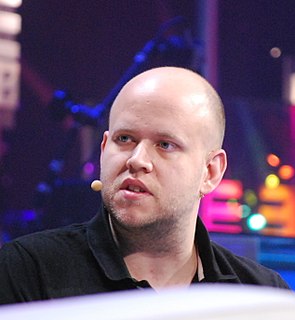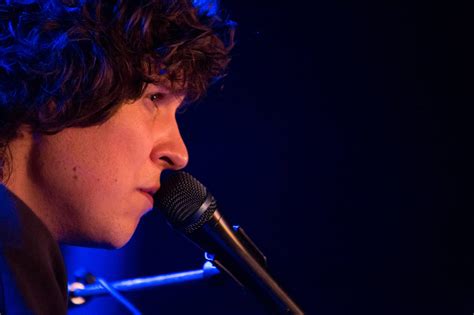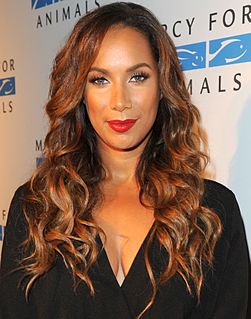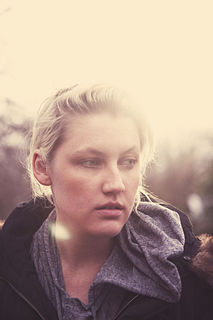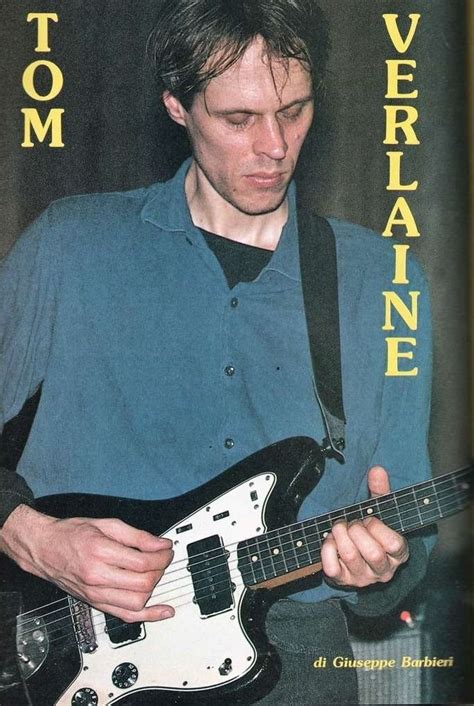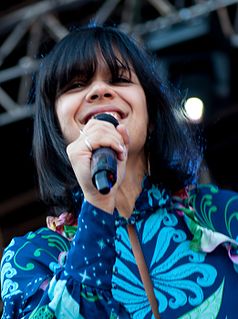A Quote by Daniel Ek
It disturbed me that the music industry had gone down the drain, even though people were listening to more music than ever and from a greater diversity of artists.
Related Quotes
I don't know where genre really comes from. I grew up with parents who were artists, and I was always interested in what music they were listening to and open to all kinds of genres. So it's nice to see that whole families come to my concerts. I like having an element in my music that is inclusive rather than exclusive, without being pop for the sake of it. It's not important to me how many people listen to it - it's more wonderful that it brings people who wouldn't usually meet into the same room.
In the early eighties, there were a lot of artists involved with the music scene. All those young artists, before their careers took off, were into music. Robert Longo used to play some guitar. He had a band for a while. Basquiat had a band. I mean, people were always trying to mix music and art - in fact, I'm guilty of it myself.
Indie music is 'it' now. It's kind of a revolution to the music: 1980s, 1990s music was getting very sanitized; they were complying with the music industry. Music was getting more and more dead in a way. Now, because of the social climate that's very severe, the artists are compelled to start being real. It's really great that indie music is now.
I guess I wanted to emulate the artists that my parents were listening to when I was growing up. I've always had this affinity for folk music, and music in general, for as long as I can remember. So as soon as I could start playing shows, I did. And my parents were really supportive of me the entire time.
I always like junkyards. All this metal piled up - they're filled with pathos, those places. Much more pathos than most of the music I've heard. You look at it, and there's more feeling, even though it's depressing, than there is in a lot of music I hear these days. A junkyard is what it is, whereas listening to a record by, say, Styx, is something else.
I think there's a huge parallel that affects my musical taste, and connections that have to do with my ethnic diversity and my musical tastes and the diversity of that. And it's interesting that, growing up on the circuit, it posed such a challenge, not only to me deciding what my identity was amongst my peers, but then on the music side, it was like trying to explain or convince people especially in the music industry that there was a place for what I was trying to do. But at the same time, I think it has a lot to do with timing and even me, like, understanding it.
When I came home my parents were listening to Pakistani Qawwali music, like Nusrat Fateh Ali Khan, they're listening to music from Mali, like Ali Farka Toure, they're listening to Brazilian songwriters, like Gilberto Gil, to opera, to Neil Young even, things you don't hear as a kid in Caracas. I love all the music they turned me onto.
